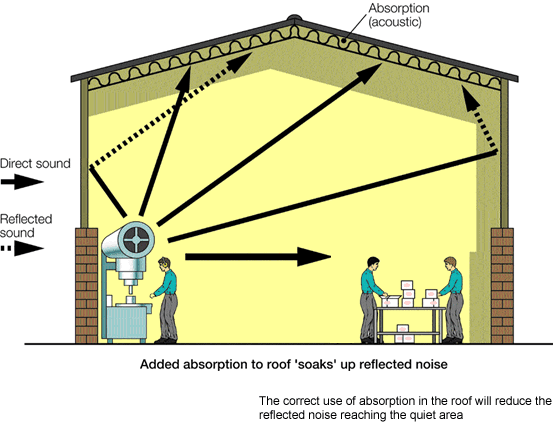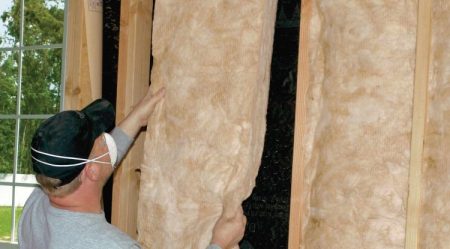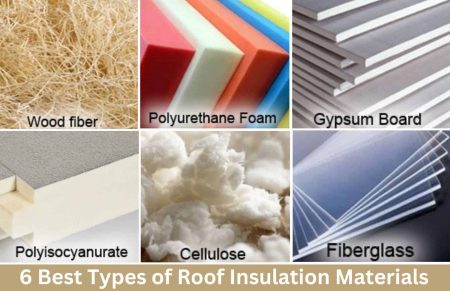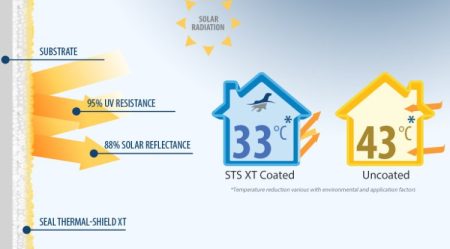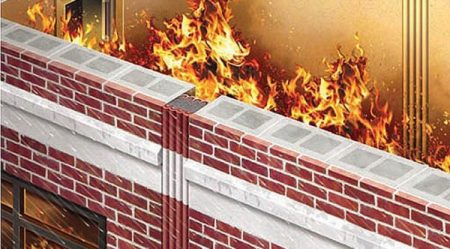Industrial Roof Systems Noise Reduction Strategies
The industrial sector often deals with high levels of noise due to heavy machinery, equipment, and production processes. Excessive noise not only affects the comfort and well-being of employees but can also lead to reduced productivity and increased safety hazards. To address this issue, industrial roof systems with effective noise reduction strategies have become crucial. These innovative solutions provide sound insulation and minimize noise transmission, creating a quieter and more productive work environment.
Contents
Importance of Noise Reduction in Industrial Roof Systems
Industrial facilities are known for their bustling operations, generating noise that can reach high decibel levels. This constant exposure to noise can result in hearing loss, stress, and reduced concentration among workers. Furthermore, excessive noise can interfere with communication and hinder effective workflow. Industrial roof systems with noise reduction strategies play a significant role in mitigating these negative effects by containing and absorbing sound within the facility.
Understanding Sound Insulation in Industrial Roof Systems
-
Acoustic Insulation Materials: Enhancing Soundproofing Efforts
Acoustic insulation materials, such as fiberglass, mineral wool, and cellulose, are commonly used in industrial roof systems to reduce noise. These materials absorb sound waves and prevent them from transmitting through the roof structure.
-
Sealing and Weatherproofing: Blocking Noise Intrusion
Proper sealing and weatherproofing of the roof are essential to prevent noise intrusion. Gaps, cracks, and poorly sealed penetrations can allow sound waves to penetrate the facility. High-quality sealants and weatherproofing techniques effectively block these entry points, minimizing noise transmission.
-
Structural Design Considerations: Noise Reduction Planning
During the design phase, architects and engineers consider various structural elements that contribute to noise reduction. This includes incorporating thicker roofing materials, double layers of insulation, and structural supports that dampen vibrations and absorb sound.
-
Roof Coatings: Enhancing Sound Absorption
Applying roof coatings with sound-absorbing properties can further enhance noise reduction efforts. These coatings act as a barrier, preventing sound waves from reverberating within the facility.
Benefits of Industrial Roof Systems with Noise Reduction Strategies
- Improved Work Environment: Reduced noise levels create a more comfortable and productive workplace for employees.
- Enhanced Communication: Clear and effective communication among workers is crucial for safety and operational efficiency.
- Compliance with Regulations: Industrial facilities must adhere to noise regulations set by local authorities. Implementing noise reduction strategies ensures compliance with these standards.
- Protection of Machinery: Excessive noise can impact the performance and lifespan of machinery. Noise reduction strategies help preserve equipment integrity and minimize maintenance costs.
Frequently Asked Questions (FAQs)
1. How can industrial roof systems contribute to noise reduction? Industrial roof systems with effective noise reduction strategies incorporate acoustic insulation materials, sealing and weatherproofing techniques, structural design considerations, and sound-absorbing roof coatings.
2. What are the benefits of reducing noise in industrial facilities? Reducing noise in industrial facilities improves the work environment, enhances communication, ensures regulatory compliance, and protects machinery from damage.
3. How does acoustic insulation work in industrial roof systems? Acoustic insulation materials absorb sound waves, preventing them from transmitting through the roof structure and reducing noise levels within the facility.
4. Are there specific regulations regarding noise in industrial settings? Yes, local authorities set noise regulations that industrial facilities must comply with. Implementing noise reduction strategies helps meet these regulatory requirements.
5. Can noise reduction strategies also contribute to energy efficiency? Yes, many noise reduction strategies, such as incorporating thicker roofing materials and double insulation layers, can also contribute to improved energy efficiency.

